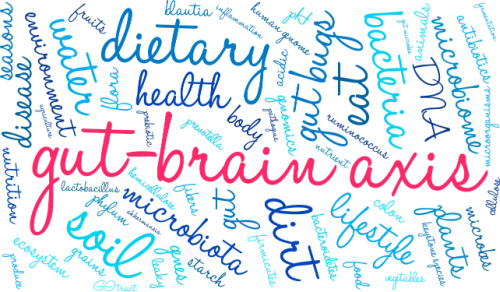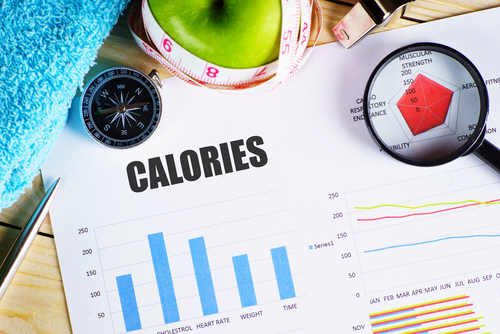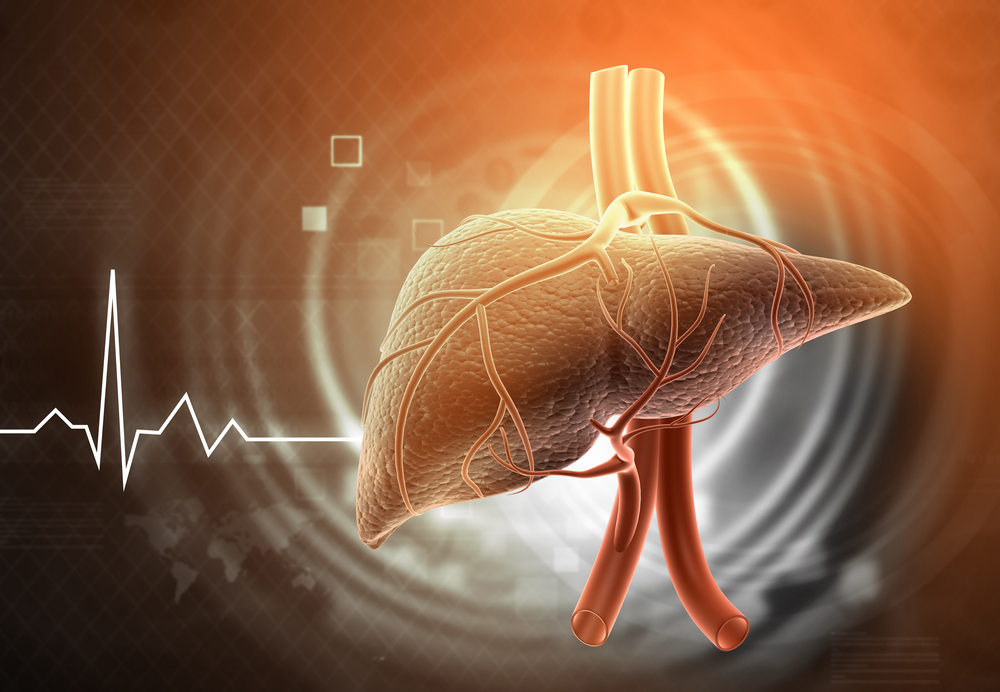WORDS LEE JIE YEE & DR HASLINA ABDUL HAMID
| FEATURED EXPERTS |
 LEE JIE YEE LEE JIE YEEDietitian and Student of Master’s in Clinical Nutrition Faculty of Health Sciences Universiti Kebangsaan Malaysia (UKM) |
 DR HASLINA ABDUL HAMID DR HASLINA ABDUL HAMIDLecturer & Registered Dietitian and Nutritionist Dietetics Programme Centre for Community Health Studies (ReaCH) Faculty of Health Sciences Universiti Kebangsaan Malaysia (UKM) |
DO YOU KNOW?
Your brain is always working hard 24/7.
It takes charge of almost every daily activity—your movement, body temperature, hunger, memory, and thoughts.
It can also affect your moods, emotions, and eventually your mental health.
HOW YOUR FOOD INTAKE CAN AFFECT YOUR MOODS & BRAIN
Choosing the right food is important not only for physical health, as what the common nutrition research shows, but also for your mind.
Well-balanced, nutritious foods help your bodies (and brains) to function well
As a matter of fact, the brain accounts for about 20% of your total daily energy requirements. From macronutrients (carbohydrates, proteins, and fats) to micronutrients (the vitamins and minerals), all of these play a role in brain health and function.
A healthy diet promotes a healthy gut, which communicates with the brain through what is known as the gut-brain axis
In our gut, billions of microbiota profoundly affect this gut-brain relationship.
Don’t underestimate these tiny little organisms, as they take charge of producing mood-regulating chemical substances, namely serotonin and dopamine.
Serotonin and dopamine, our body’s natural ‘feel-good’ neurotransmitters, help us to regulate emotions, sleep, and appetite. They are connected to our brain’s reward system and help to produce a happy sensation.
Since more than 90% of serotonin resides in the gut, taking good care of our stomach with food can transmit a happy signal to our brain.
| Too happy isn’t always good, though! Don’t get too carried away with comfort foods
In stress-inducing situations, people tend to reach for comfort foods. However, these foods are usually high in fats and sugars, which makes them addictive. Yes indeed, the sugar is creating a surge of dopamine and a short boost of happiness. However, other than contributing an exceeding amount of calories, these comfort foods also lacks essential nutrients such as omega-3 and vitamin B fatty acids and vitamin D, which are beneficial for your nervous system that regulates emotions. Besides, high consumption of these calorie-dense foods might result in obesity, which is known to stimulate proinflammatory status—a plausible way to increase depression risk. |
WHAT ARE THE BEST TYPES OF DIET TO IMPROVE YOUR MENTAL WELL-BEING?
Studies found that following a healthy eating pattern is associated with better stress management, improved sleep quality, increased concentration, and better mental well-being in general.
However, an emerging field of research known as nutrition psychiatry looks into a more specific relationship between diet and mental health. A few types of diet have been identified to be likely helpful for mental well-being.
Mediterranean diet
- The Mediterranean diet emphasizes fruits, vegetables, whole grains, nuts, legumes, and healthy fats (such as olive oil) while limiting dairy products, red meat, alcohol, and processed foods.
- The reason why the Mediterranean diet is beneficial to mental health could be due to its anti-inflammatory effects of the food components and the high content of antioxidants.
- This diet might be relatively helpful in reducing the risk of depression as well as improving cognitive function.
- If you are already dealing with depression, the depressive symptoms might reduce over time while preventing its remission.
- The Mediterranean diet is also rich in selenium, tryptophan, omega-3, and vitamin D, which can help to improve sleep quality.
DASH diet
- The DASH diet is a dietary approach that initially was designed to reduce blood pressure.
- Same as the Mediterranean diet, the DASH diet is also rich in whole grains, vegetables, fruits, and other low-fat products such as fish, poultry, and beans. Try to limit high saturated fat food such as fatty meat and tropical oil.
- The DASH diet emphasizes choosing food that is high in protein, fiber, potassium, calcium, and magnesium while cutting down those high in saturated fats and sodium.
- Following a DASH diet could help to reduce symptoms of depression, anxiety, and stress. Additionally, nutrients that can be found in the DASH diet, such as vitamin B, omega-3 fatty acids, and antioxidants, are linked to brain function and mental well-being.
MIND diet
- The MIND diet is the combination of Mediterranean diet and DASH diet, which also emphasizes the intake of natural plant-based foods and limits on animal and high-fat food.
- However, leafy green vegetables and berries are exclusively focused.
- Similar to the Mediterranean diet and DASH diet, the MIND diet could be helpful in reducing depression risk and psychological distress due to its high concentration of antioxidants.
Psychological stress and eating habits are closely related. It doesn’t matter which diet plan you want to choose, the key is to eat a healthy and balanced diet in appropriate portion sizes.
However, bear in mind that nutrition is just one factor among many that could impact mental health. Don’t just rely on changing your diet—you should seek advice from a mental health professional for personalized treatment for your mental issues.







